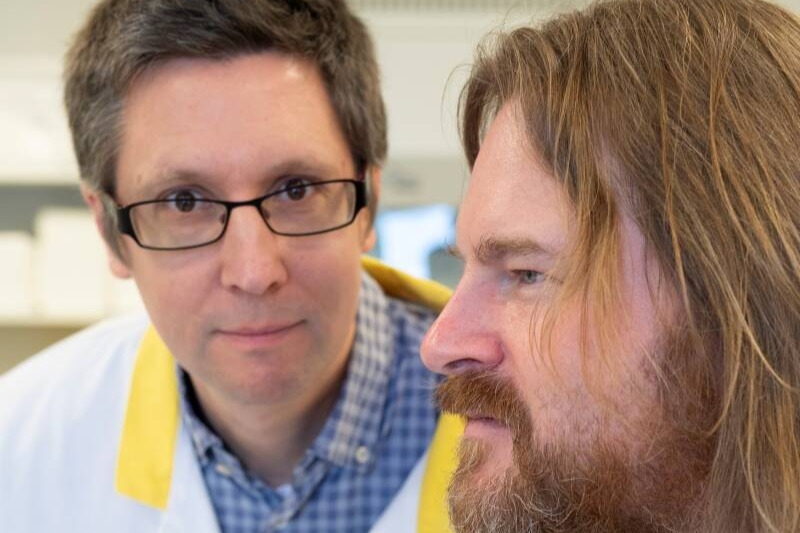Scientists Martin Michaelis and Mark Wass reflect on how COVID-19 has driven public interest in their work and inspired them to start blogging.
We run a joint computational/ wet laboratory and are working on topics in the areas of cancer, viruses, and research practices in the life sciences. Since these are topics that many are interested in and that can be relatively easily communicated to the public, we complement our research articles with news releases directed at journalists, and contribute to outreach activities.
With the onset of the COVID-19 pandemic, the public and media interest into our virus-related work and expertise dramatically increased, partly because we have been engaged in research on SARS-CoV-2, the coronavirus that causes COVID-19, very early on after the disease was first reported. This resulted in considerable media attention, mostly as experts, who explain biological detail and to a lesser extent counter misinformation. This has also prompted us to write a blog.
We enjoy the interaction with a wider public, but the level of engagement is very much driven by the acute public interest. Hence, we will have to see how this will develop in the future, when COVID-19 is no longer top of the agenda. We will keep communicating our research results via various routes to the public, and it would be pleasing if an increased public interest into scientific and health topics extends beyond the current pandemic.
What we have realised in the pandemic is that there is little understanding in the public of how the scientific approach works, of how scientific results are communicated (via journal articles and other means), and how evidence develops. This includes unrealistic expectations of what we know and what we do not know. It would be good if there was a way to increase the understanding and awareness of the prospects and limitations of our scientific endeavour. This would enable people to assess and interpret the meaning of research findings in a more informed way, in particular at times, such as during a pandemic, when scientific results from research articles, preprints, and personal communications of academic scientists and companies are reported in real time and largely unfiltered by the general media.
Further information:
Professor Martin Michaelis – School of Biosciences – University of Kent
Dr Mark Wass – School of Biosciences – University of Kent

